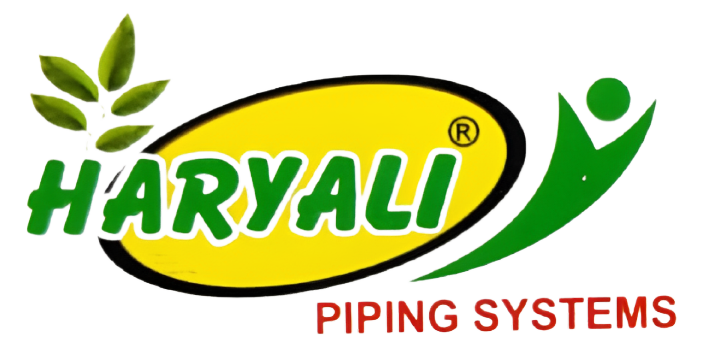Poly Shakti Pipe Industries is a leading PPR pipes manufacturer and supplier in India. They are well-known for producing high-quality PPR pipes and fittings that cater to a wide range of applications, including plumbing, water distribution systems, heating systems, and industrial uses.
PPR pipes ‘‘Polypropylene Random Copolymer’’ pipes, are a type of plastic piping commonly used for plumbing and heating systems. These pipes are made from a type of polypropylene that is a copolymer, meaning it’s created by polymerizing propylene with a small amount of another monomer to enhance its properties. PPR has unique properties compared to pure polypropylene (PP). PPR is widely used in applications like piping systems, especially for hot and cold water distribution, and in various industrial sectors.
Uses of PPR Pipes:-
1. Plumbing and Water Distribution
- Hot and Cold Water Systems: PPR is widely used in residential, commercial, and industrial plumbing systems for transporting both hot and cold water. Its resistance to high temperatures (up to 95°C) makes it ideal for hot water supply lines, while its corrosion resistance ensures long-lasting performance.
2. Heating Systems
- Underfloor Heating: PPR pipes are commonly used in underfloor heating systems due to their ability to withstand high temperatures and pressure. They offer a durable and efficient solution for radiant heating.
3. Industrial Applications
- Chemical Processing: PPR is resistant to a wide range of chemicals, including acids, alkalis, and solvents, which makes it ideal for use in chemical plants for transporting corrosive substances.
4. Irrigation Systems
- Agricultural Irrigation: PPR pipes are used in agricultural irrigation systems because they are lightweight, resistant to corrosion, and can handle the high pressures required in many irrigation systems. Their longevity and resistance to weathering make them ideal for outdoor use.
5. HVAC (Heating, Ventilation, and Air Conditioning) Systems
- Air Conditioning Systems: PPR pipes are used for carrying chilled water or other fluids in HVAC systems, especially in systems where the pipes need to be resistant to both heat and pressure.
Polypropylene Random Copolymer (PPR) offers numerous advantages that make it a preferred material for a wide range of applications, especially in piping and plumbing systems. Here are the key advantages of PPR:
Advantages of PPR Pipes:-
1. Durability and Longevity
- Corrosion Resistance: PPR is highly resistant to corrosion, unlike metal pipes, which can rust or corrode over time. This ensures a longer service life, even in challenging environments like water distribution systems.
2. Temperature Resistance
- High Heat Resistance: PPR can handle high temperatures up to 95°C (203°F) continuously, making it ideal for hot water systems. It can even tolerate higher temperatures for short periods, which is useful in heating systems, radiators, and underfloor heating.
3. Chemical Resistance
- Resistant to Chemicals: PPR pipes exhibit excellent resistance to a wide range of chemicals, acids, and bases. This makes them ideal for industrial applications where corrosive substances are handled, such as in chemical plants or pharmaceutical industries.
4. Lightweight
- Ease of Handling and Installation: PPR pipes are much lighter than metals like steel or copper, which makes them easier to transport, handle, and install. This reduces installation time and labor costs.
5. Non-Toxic and Safe
- Safe for Drinking Water: PPR pipes are non-toxic, meaning they do not leach harmful chemicals into drinking water. This makes them a safe choice for potable water distribution, which is a critical concern in residential, commercial, and industrial plumbing.
PPR (Polypropylene Random Copolymer) is used across a wide array of industries and applications, from plumbing to industrial systems, heating, and agriculture, due to its excellent durability, resistance to heat, chemicals, and corrosion. Its versatility, cost-effectiveness, and long lifespan make it a popular choice for both residential and commercial projects.
